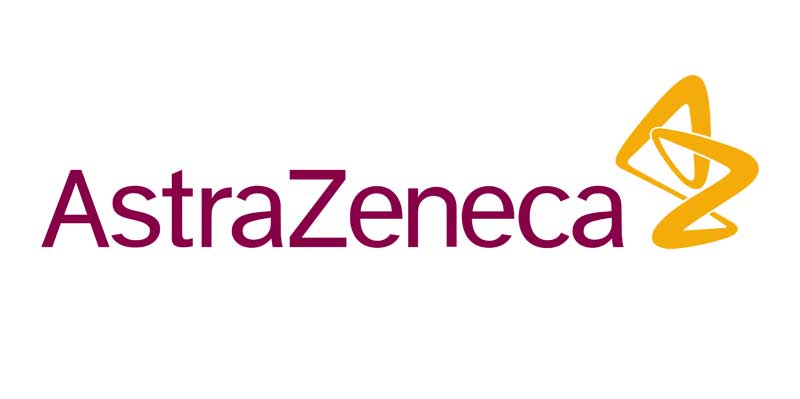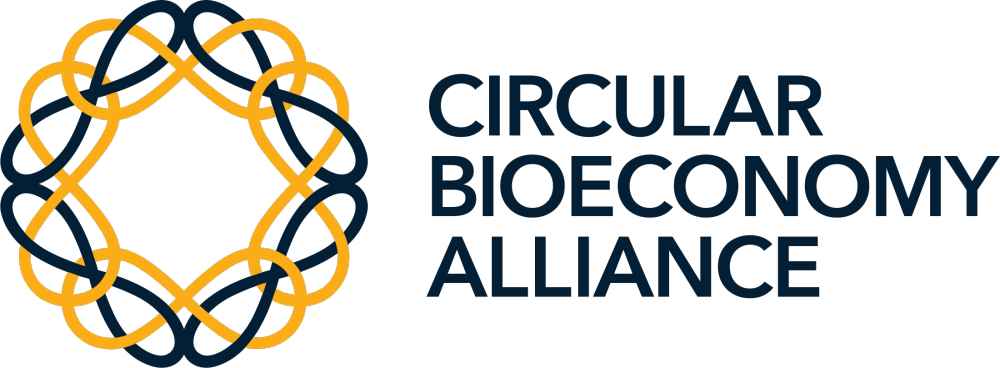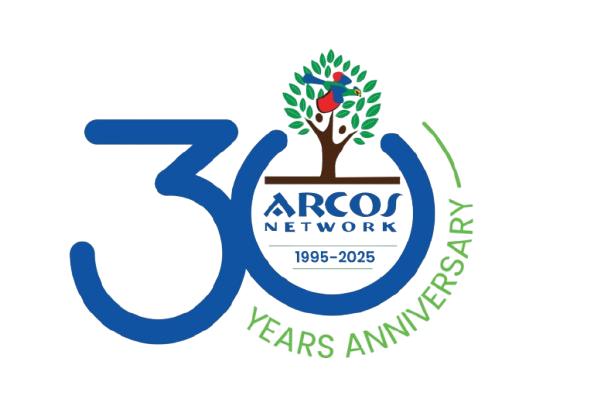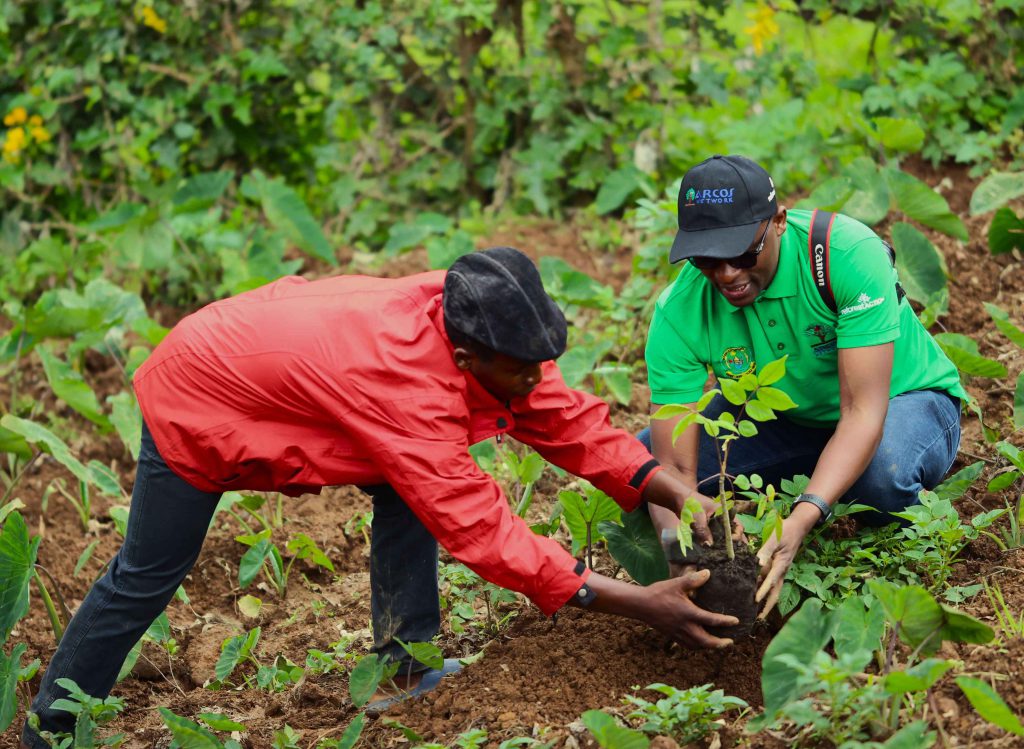Description
The project “Building resilience to climate change and sustainable agriculture value chains in agro-systems around Mukura Forest and Lake Kivu Catchment Landscape in Rutsiro and Ngororero districts, Rwanda” MuLaKiLa, is a partnership initiative implemented by the Albertine Rift Conservation Society (ARCOS), a regional conservation and development organization, and Reforest’Action, a French B Corp-certified company whose mission is to preserve, restore and create agroforestry ecosystems around the world to help address climate change and biodiversity loss and in collaboration with the Government of Rwanda and other partners. This is a 30-year project that was launched in March 2023.
Goal
The project intends to build resilience to climate change of the landscape and local communities by restoring 21,000 hectares of degraded agrosystems through the plantation of 6,000,000 trees, promoting various sustainable land management through terraces and other various eco-agriculture practices. The project will also improve livelihoods of 160,000 farmers thanks to the promotion of timber, coffee, fruit value chains, creation of jobs and financing community micro-projects around Mukura-Gishwati Forest and Lake Kivu Catchment Landscape in Rutsiro and Ngororero districts. Thus, the project will contribute to the following SDGs: 1 (Zero Poverty), 2 (Zero Hunger), 4 (Quality Education), 5 (Gender Equality), 8 (Decent Work and Economic Growth),13 (Climate Action), 15 (Life on Land), as other national and global agendas.
MuLaKiLa Project’s Documents:
3. Local Stakeholders Consultation Presentation_ Kinyarwanda
Grievance Channels
Telephone: +250795291925
Overview
- Status: On going
- Project Value: €50,000,000
- Project Timeline: 2023-2053
- Project Intervention Area: The project is being implemented in Ngororero and Rutsiro District
- 21,000 Hectares of agrosystems will be restored through the power of agroforestry.
- Establish 69 tree nurseries to supply seedlings in 73 administrative cells within the intervention area.
- 6,000,000 Perennial Trees will be planted (50% indigenous, 30% fruits and 20% exotic tree species), plus other millions of non-perennial trees, shrubs and fruits in smallholder farms.
- Contribute to livelihoods development of 160,000 people (40,000 households), as direct project beneficiaries in the landscape through commercial agriculture (Coffee and Tea), horticulture, livestock and various Sustainable agriculture Land Management (SALM) practices and will indirectly benefit over 2 Million people in the larger landscape.
- 73 Nature-Based Community Funds (Umusave Funds – 1 per Cell) as financial sustainable mechanisms for access to finance and support communities.
Partners





